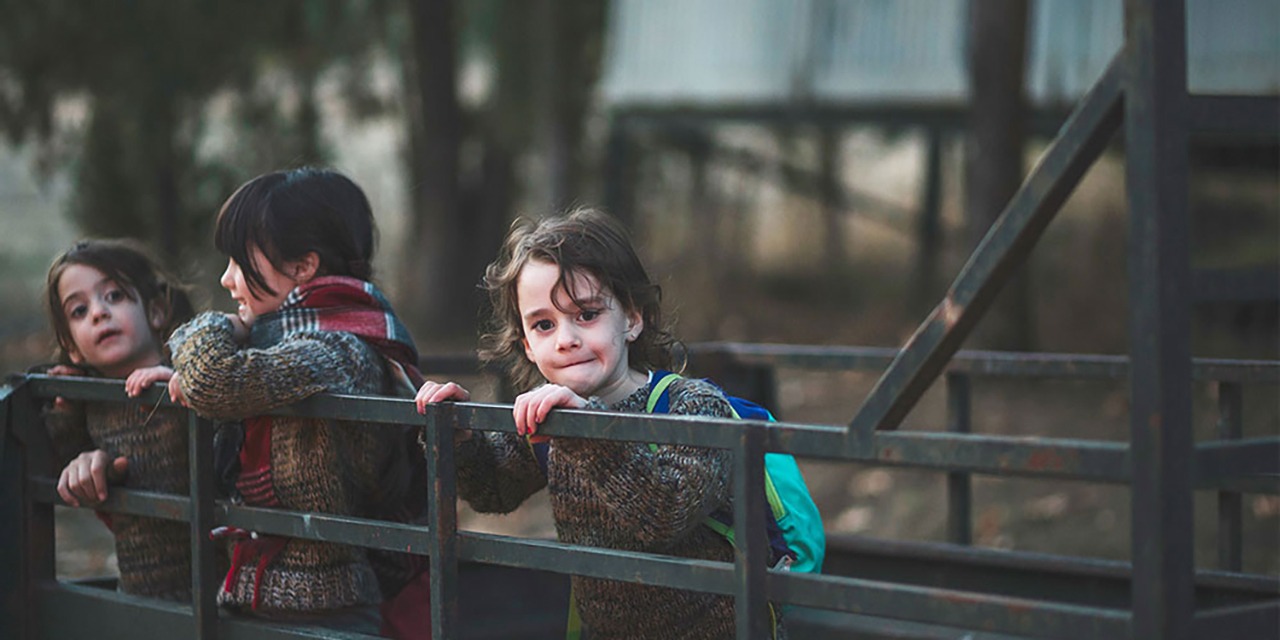
Turkey's Refugee and Migration Problem is a Humanitarian Crisis!
Turkey has historically been a crossroads of different cultures and has hosted migration. In recent years, due to conflicts, wars and political instability in the Middle East, Turkey has faced a major refugee and migration problem. In this article, we will discuss the dimensions and effects of Turkey's refugee and migration problem and the measures taken to combat this problem.
Dimensions of Asylum Seekers and Migration
Turkey has become one of the countries hosting the largest number of asylum seekers and refugees in the world in recent years. Especially due to the civil war in Syria, millions of Syrians have sought refuge in Turkey. In addition to this, migrants from different countries such as Afghanistan, Iraq, Iran, Somalia and Iran have also arrived in Turkey. This situation has caused Turkey to be under a great burden both in humanitarian and economic terms.
Humanitarian Crisis and Needs
Asylum seekers and migrants are vulnerable people forced to flee their homes due to war, violence and forced migration. Asylum-seekers in Turkey face many challenges ranging from basic needs to health services, from housing problems to education opportunities. This situation has turned into a humanitarian crisis and has created a burden that exceeds Turkey's resources.
Social and Economic Impacts
The problem of asylum seekers and migration has significant impacts on Turkey's society and economy. Social cohesion problems arise due to differences in language, culture and lifestyle. Moreover, competition in the labor market has increased, unemployment rates have risen and economic resources have been strained. This can lead to tensions between the local population and asylum seekers.
International Cooperation and Assistance
Turkey needs the support of the international community in tackling the problem of refugees and migration. Turkey is working with the UN and other international organizations to meet the humanitarian needs of asylum seekers. However, more international assistance and burden sharing is needed in this process.
The Integration Process of Asylum Seekers
The integration and social cohesion of asylum seekers is an important issue that requires a long-term process. Measures such as language training, vocational training programs and cultural adaptation should be taken. It is also important to provide social support to asylum seekers and to create environments that will increase their interaction with society.
The Search for Long-Term Solutions
Turkey's fight against the problem of refugees and migration cannot be limited to humanitarian aid. For long-term solutions, factors such as the establishment of peace, political stability and resource sharing need to be addressed. It is also important to intensify international efforts to ensure the safe return of asylum seekers to their home countries.
Conclusion
Turkey's refugee and migration problem has turned into a major humanitarian crisis. The solution to this problem requires international cooperation, humanitarian aid, long-term policies and social cohesion. Turkey is tackling this problem by respecting the rights of asylum seekers and adhering to human values. However, more support and contributions are needed.